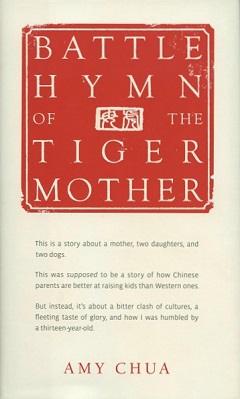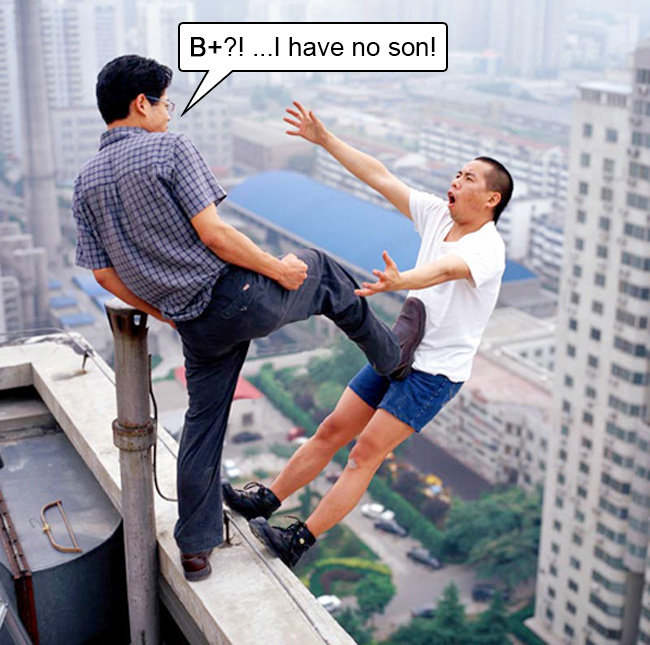Aung Lin
ASA 2-Reading Reflection #10
Title: LGBT
Word Count: 416
1.
Title: “Emergence of Queer Vietnamese America”
by Gina Masequesmay
 |
| Vietnamese LGBT Community at San Francisco Pride Parade |
Before I read this article, I never heard of queer
immigrants organizing their own support groups. I always thought LGBT community
is mostly white and black people. I’ve never seen gay Vietnamese at the San
Francisco Gay Parade. I was shocked to learn that some Vietnamese are openly
gay or lesbian. I can’t imagine what David in this article went through. He’s
catholic and being himself is against his religion. I don’t know much about
religions but I only know that being LGBT is against Christianity and Buddhism.
I was shocked that Vietnamese refugees usually settle in Orange County, LA
instead of San Jose because of cheaper housing, hot weather, and LA Chinatown.
I always thought San Jose was like the Vietnamese town.
Questions:
1)
Why there was only a few studies about lives of
queer Vietnamese in the past 27 years?
2)
How can a person explore his/her own sexuality?
How long does it take? Is female-to-male transgender David in this article
mentally ill?
3)
Is coming out easier in America than in Vietnam?
How?
2.
“Teaching Justice and Living Peace: Body,
Sexuality, and Religious Education in Asian American Communities” by Boyung Lee
 |
| Teaching Children about how Homosexuality is against God |
I agree with Lee about Asian American religious
education. It must include sexuality and sexual identity. In Asian cultures,
there’s almost no such thing as coming out especially in Asian Buddhist
families. Not only that it is against most of the religion in Asian culture. In
America, many parents teach their kids to hate LGBT community because of their
religion. They believe it is a sin in their religion. I never once heard of
that until I came to America. I was stunned that some parents teach their kids
to hate other people. Not only that young girls in Asian families are taught to
be obedient to men and must remain a virgin until marriage. Parents shouldn’t
teach their kids how to be racist and oppress women. Because of all this, some
women even go through hymen restoration surgery to please their families and
their husband’s family.
Questions:
1)
If Asians people come out, will they be punished
by their God?
2)
In Asian families, if a child come out to
his/her parents, how will the parents deal with this kind of situation?




 The controversy of Chau Huynh’s “Connections” installations,
cause quite a commotion in the Vietnamese community. To the point where
Vietnamese people and members of Diaspora protested for eight days, in front of
the Nquoi Viet Daily, a Vietnamese
language newspaper that published a photo of the “Pedicure Basin”. The
“Pedicure Basin” was an installation that showcased three pedicure basins painted
yellow with three red stripes, meant to represent the Republic of Vietnam flag.
The “pedicure basin” was a tribute to her Mother-in-Law, who worked hard at a nail
shop to put her family through education and to send money back to her loved
ones at home. However, members of the Vietnamese community chose to ignore the
meaning behind her artwork and instead interpreted it negatively. “The bucket
is a dirty thing and to put the flag there says the flag is a dirty thing”.
The controversy of Chau Huynh’s “Connections” installations,
cause quite a commotion in the Vietnamese community. To the point where
Vietnamese people and members of Diaspora protested for eight days, in front of
the Nquoi Viet Daily, a Vietnamese
language newspaper that published a photo of the “Pedicure Basin”. The
“Pedicure Basin” was an installation that showcased three pedicure basins painted
yellow with three red stripes, meant to represent the Republic of Vietnam flag.
The “pedicure basin” was a tribute to her Mother-in-Law, who worked hard at a nail
shop to put her family through education and to send money back to her loved
ones at home. However, members of the Vietnamese community chose to ignore the
meaning behind her artwork and instead interpreted it negatively. “The bucket
is a dirty thing and to put the flag there says the flag is a dirty thing”.

